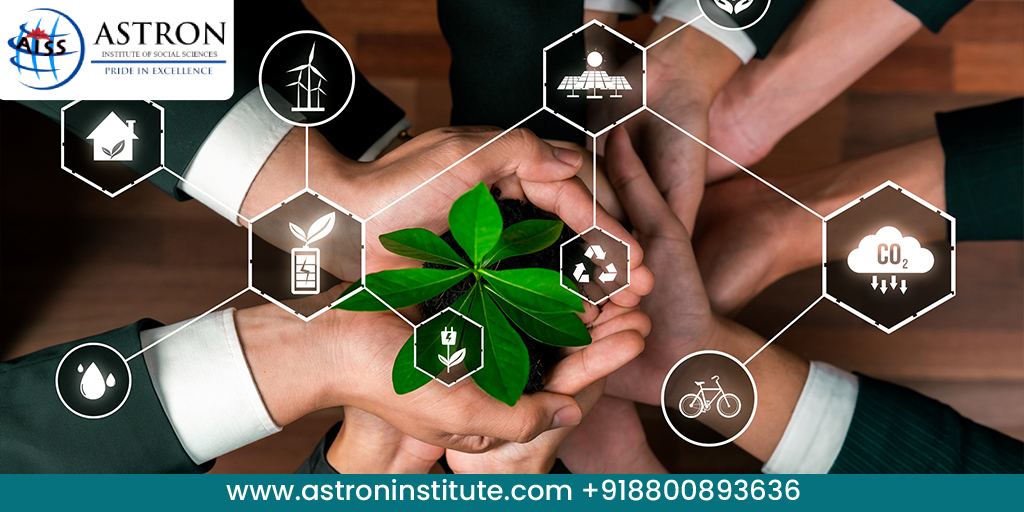Corporate Social Responsibility (CSR) has evolved far beyond traditional philanthropy. Today, CSR is a strategic tool that strengthens brand reputation, ensures sustainability, and aligns businesses with global development goals. As companies strive to create deeper impact and track measurable results, technology and innovation have become powerful enablers in transforming CSR implementation. From digital monitoring platforms to AI-driven insights, modern tools are reshaping how organizations plan, execute, and evaluate CSR initiatives.
Data-Driven Decision Making
The application of data analytics is one of the largest changes in the CSR implementation. Corporates have also been able to gather, analyze and interpret vast volumes of data covering CSR-related matters in order to make informed decisions. Impact measurement software, CSR management platforms and other tools are used to ensure that organizations monitor progress in real time. This evidence-based method helps companies to find a loophole, evaluate the success of their projects, and maximize investments to get a maximum social and environmental impact.
AI and Automation for Efficient Management
Artificial Intelligence (AI) and automation are playing a crucial role in simplifying CSR operations. AI-powered tools can forecast community needs, analyse environmental trends, and recommend suitable interventions. Automation reduces manual workload by streamlining documentation, reporting, and compliance processes. This ensures that CSR teams can focus more on strategic planning and community engagement rather than administrative tasks. Moreover, AI chatbots and digital grievance redressal systems improve stakeholder communication and transparency.
Digital Platforms Enhancing Transparency
Effective CSR implementation requires transparency, particularly when all the stakeholders want a clear communication regarding the expenditure, the results and the long-term effect. The cloud-based CSR portals enable organizations to post real time updates, project milestones and financial disclosures. Another emerging technology, blockchain, helps to create more transparent records of CSR transactions, as it is tamper-proof. This does not only instill trust but also, it makes sure that regulatory requirements are adhered to.
Sustainable Technology for Environmental CSR
A significant number of organisations are integrating green technologies in order to accommodate their environmental CSR objectives. Eco-friendly energy systems, smart waste management, and IoT-based monitoring of the environment have become one of the key elements of contemporary sustainability programs. Indicatively, the IoT sensors can be used to monitor the quality of air and water, which makes firms take appropriate corrective actions in communities impacted. Likewise, recycling innovations and the model of a circular economy allow businesses to decrease their environmental impact on ecological balance and improve the well-being of the environment in the long term.
Employee Engagement Through Digital Tools
The technology has also revolutionized CSR employee involvement in companies. Gamified participation programs, virtual volunteering websites, and mobile applications are used to motivate workers to donate time, talents, and resources. These online platforms allow CSR to be more inclusive as even distant employees can join them. This will not only enhance the morale of the employees but also entrench a spirit of responsibility and cooperation throughout the organization.
Enhanced Monitoring and Impact Assessment
The contemporary CSR demands powerful monitoring and impact analysis. GIS mapping, drones, and real-time dashboards are some of the technologies that assist organizations in keeping a precise count of on-ground developments. GIS mapping helps target areas, interventions planning and geographic analysis of the impact patterns. Drones are also utilized more often to oversee the work of the restoration of the environment and community buildings and other agricultural projects. These instruments make sure that the outcomes of CSR can be measured, observed, and attain desired aims.
Conclusion
The use of technology and innovation has transformed the ways of implementing CSR by creating precision, transparency and efficiency in the process. With the organizations taking up the use of digital tools, more sustainable, scalable, and meaningful initiatives can be developed. The future of CSR will be shaped by intelligent technologies, new advanced analytics and solutions that can allow businesses to make a significant contribution to society and the environment.



